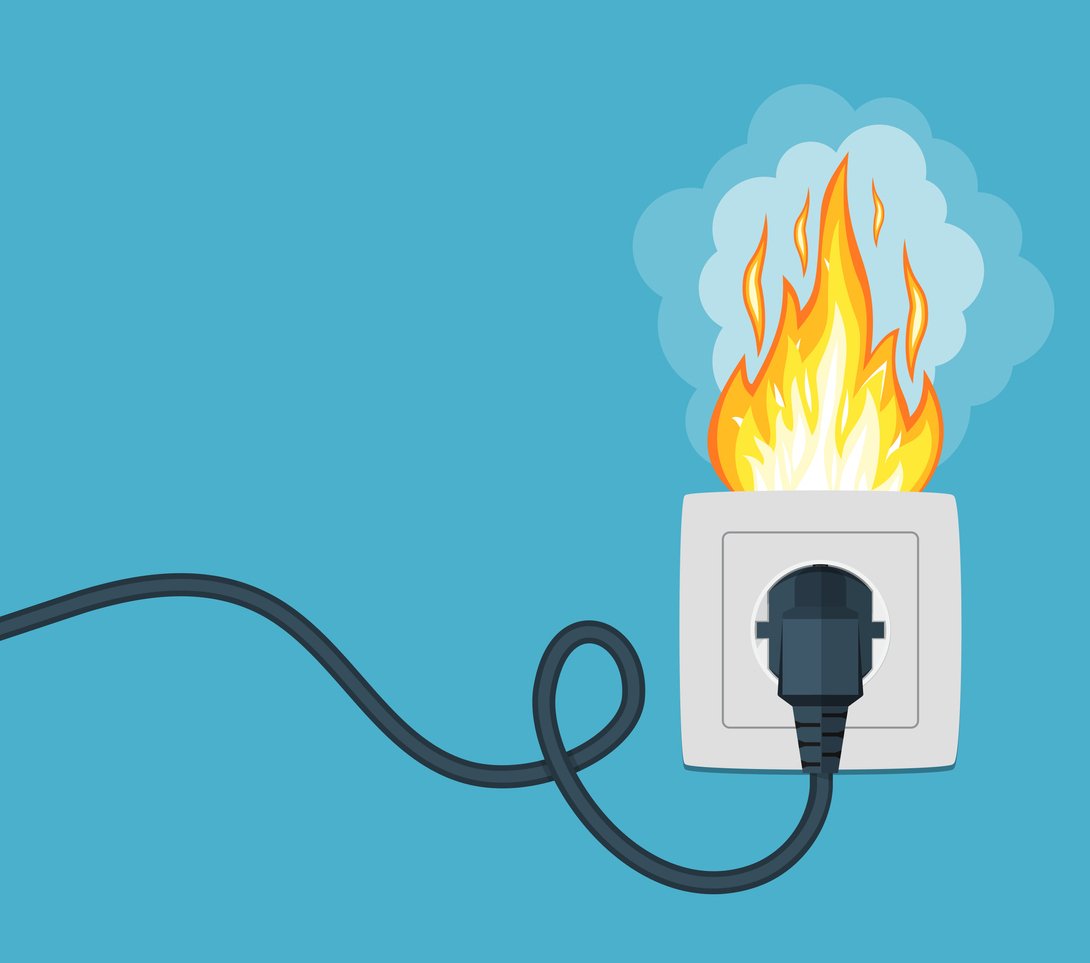Electrical Safety Awareness – 12 Modules | One Day USD: 150/- and Two Day USD: 250/- Per Pax.
Description
Module 1: Introduction to Electrical Safety
- Importance of electrical safety in the workplace
- Common causes of electrical accidents
- Legal standards and regulatory requirements (OSHA, NFPA 70E, IEC)
Module 2: Basics of Electricity
- Understanding voltage, current, and resistance
- Types of electrical systems and circuits
- Relationship between electricity and the human body
Module 3: Electrical Hazards and Their Effects
- Shock, arc flash, arc blast, and burns
- Fire and explosion risks from electrical faults
- Case studies of workplace incidents
Module 4: Recognizing Electrical Hazards
- Exposed wires, damaged cables, overloaded outlets
- Wet environments and conductive materials
- Unsafe work practices and equipment misuse
Module 5: Electrical Safety Controls and Precautions
- Hierarchy of controls for electrical hazards
- Safe distance and approach limits
- Proper labeling and signage
Module 6: Lockout/Tagout (LOTO) Procedures
- Purpose and importance of LOTO
- Steps to isolate electrical energy
- Roles and responsibilities during maintenance work
Module 7: Use of Electrical PPE and Tools
- Insulated gloves, mats, boots, and tools
- Flame-resistant clothing for arc flash protection
- Inspection and maintenance of electrical PPE
Module 8: Safe Work Practices Around Electricity
- Working on or near live equipment
- Use of residual current devices (RCDs) and circuit breakers
- Grounding and bonding principles
Module 9: Electrical Equipment Inspection and Maintenance
- Routine inspection of tools, cords, and outlets
- Preventive maintenance schedules
- Reporting and tagging defective equipment
Module 10: Emergency Response and First Aid
- Immediate actions in case of electric shock or arc flash
- Safe rescue procedures
- CPR and emergency medical response
Module 11: Training, Supervision, and Competency
- Training requirements for qualified and unqualified workers
- Supervisory responsibilities
- Periodic refresher and on-the-job training
Module 12: Building an Electrical Safety Culture
- Promoting awareness and safe habits
- Reporting unsafe conditions without fear
- Continuous improvement through audits and lessons learned
View more Courses
Hi, Welcome back!






